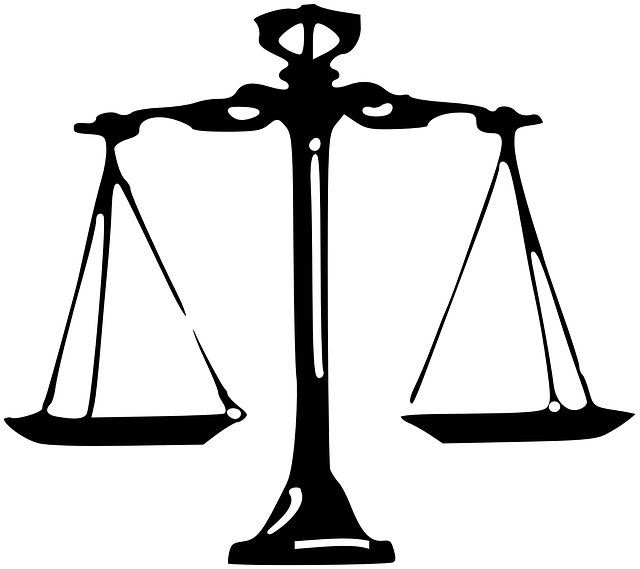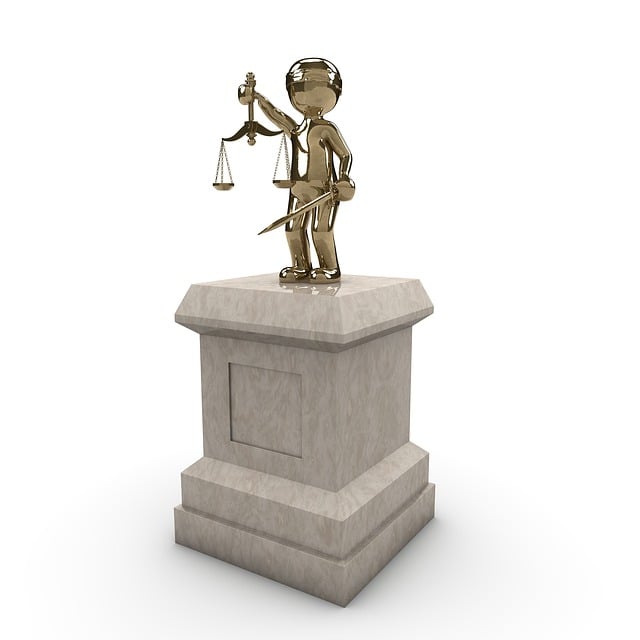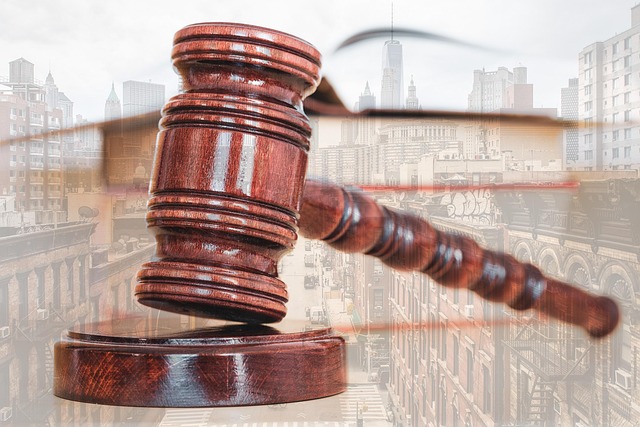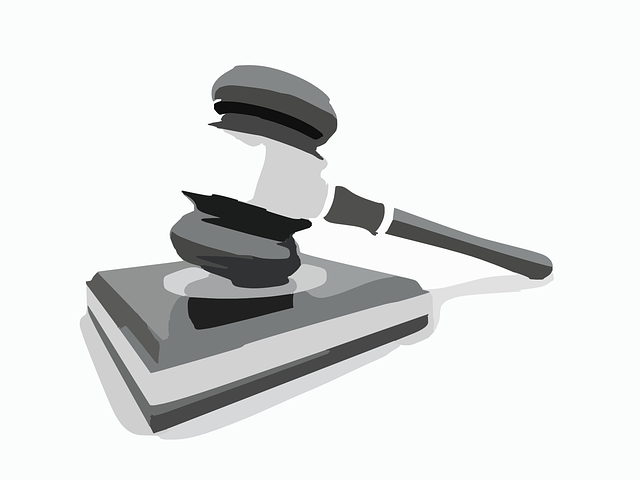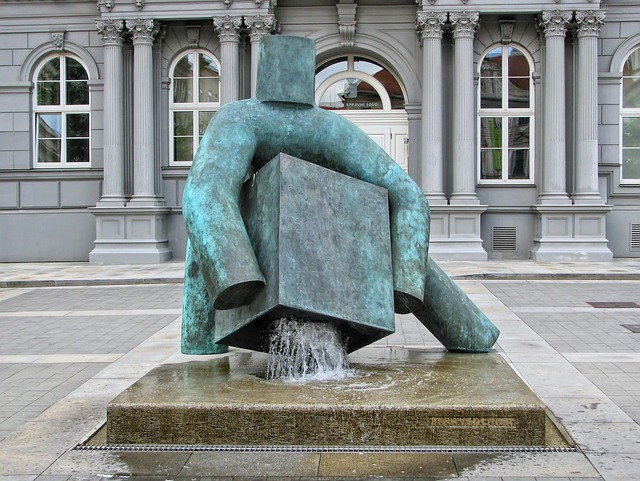Environmental Crime Trials, blending environmental law and criminal justice, prosecute entities responsible for eco-damaging activities through a process similar to Consumer Fraud Class Action Lawsuits. These trials focus on misleading representations regarding ecological impact, prioritizing prevention, compensation, and setting new legal standards over punitive measures. With a proven track record of significant environmental restitution, these lawsuits empower affected individuals to unite, making it more accessible and cost-effective to hold wrongdoers accountable, and act as powerful deterrents against future environmental crimes.
“Uncover the impact of environmental crime trials, where legal systems tackle ecological offences with growing vigour. This article provides a comprehensive overview, exploring key aspects from a legal perspective. We delve into the consumer fraud element, highlighting the role of protection and accountability in shaping public trust. Understanding class action lawsuits as a powerful tool for collective justice is central to our discussion. Furthermore, we navigate the intricate process, from investigation to verdict, shedding light on effective strategies for tackling environmental crime cases, including consumer fraud class action lawsuits.”
- Understanding Environmental Crime Trials: A Legal Perspective
- The Consumer Fraud Component: Protecting the Public and Promoting Accountability
- Class Action Lawsuits: Collective Action for Environmental Justice
- Navigating the Process: From Investigation to Verdict in Environmental Crime Cases
Understanding Environmental Crime Trials: A Legal Perspective

Environmental Crime Trials represent a unique intersection of environmental law and criminal justice. These trials are designed to hold accountable entities responsible for damaging the environment through illegal practices, such as pollution, deforestation, or fraudulent representation of eco-friendly products. From a legal perspective, these cases often mirror Consumer Fraud Class Action Lawsuits, focusing on misleading information and harm to consumers, in this case, the environment and its inhabitants.
The process involves a meticulous investigation by authorities, gathering evidence of non-compliance with environmental regulations. Unlike traditional criminal trials, these proceedings prioritize preventing future offenses and compensating affected communities. The successful prosecution of Environmental Crime Trials not only ensures corporate and individual clients face consequences for their actions but also sets a precedent for avoiding indictment through stricter adherence to ecological standards. An unprecedented track record of such trials has led to significant environmental restitution and set new legal standards, underscoring the importance of these proceedings in safeguarding our planet.
The Consumer Fraud Component: Protecting the Public and Promoting Accountability

In the context of environmental crime trials, the Consumer Fraud Component plays a pivotal role in protecting the public and promoting accountability. This aspect focuses on white-collar and economic crimes, where companies and individuals manipulate consumers through false advertising, misleading information, and deceptive practices. One powerful tool in combating these offenses is the Consumer Fraud Class Action Lawsuit Process. This mechanism allows affected consumers to band together and seek collective redress, making it easier and more cost-effective for them to hold wrongdoers accountable.
By leveraging the Consumer Fraud Class Action lawsuit process, individuals can avoid the barriers often associated with traditional legal routes, such as avoiding indictment and navigating complex legal landscapes. The success of these cases is underscored by their unprecedented track record in securing significant damages for victims, ensuring that justice not only prevails but also serves as a powerful deterrent against future environmental crimes.
Class Action Lawsuits: Collective Action for Environmental Justice
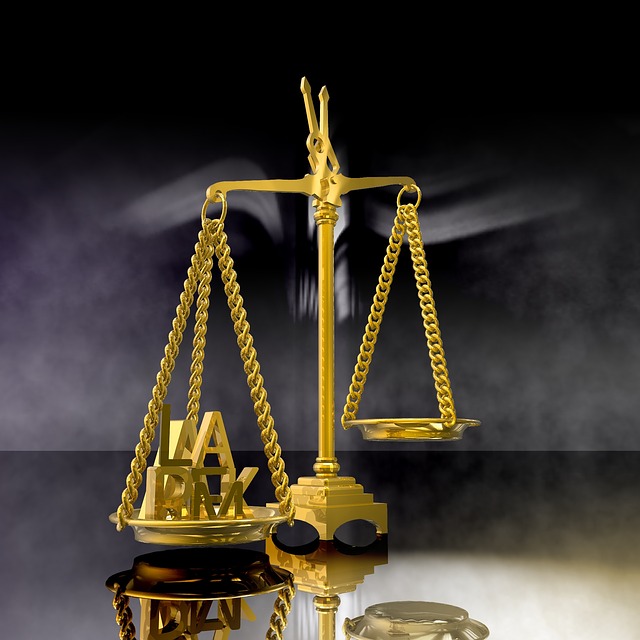
In the fight for environmental justice, class action lawsuits have emerged as a powerful tool. These collective legal actions bring together communities affected by environmental crimes, allowing them to unite their voices and demand accountability from polluters. When individuals or groups suffer harm due to corporate misconduct or government negligence, a Consumer Fraud Class Action Lawsuit Process can be initiated. This process empowers affected parties to seek compensation and enforce environmental regulations that might otherwise go unenforced.
By pooling resources and sharing legal strategies, class action lawsuits against environmental criminals have achieved an unprecedented track record in securing justice and restitution. These high-stakes cases not only hold accountable white collar defendants but also set precedents for future litigation, ensuring that corporate polluters are held responsible for the damage they cause to communities and the environment.
Navigating the Process: From Investigation to Verdict in Environmental Crime Cases

Navigating the intricate process of Environmental Crime Trials requires a meticulous approach from investigation to verdict. It often starts with regulatory agencies or consumer fraud class action lawsuits, where corporate and individual clients face accusations of environmental misconduct. The initial stages involve gathering evidence, conducting interviews, and analyzing data to build a robust case. This process is pivotal in determining the fate of defendants, who could face severe penalties, including substantial fines and reputational damage.
As the trial progresses, both prosecution and defense teams present their arguments, with the former aiming for guilty verdicts and the latter fighting to avoid indictment. Winning challenging defense verdicts hinges on robust legal strategies, expert testimony, and meticulous cross-examination of evidence. The goal is to ensure that corporate and individual clients are treated fairly, balancing environmental justice with the complexities of the law.
Environmental crime trials play a pivotal role in holding perpetrators accountable and promoting environmental justice. By examining the intricate legal aspects, from consumer fraud to class action lawsuits, we uncover powerful tools for addressing ecological misconduct. Understanding the process, as outlined in this article—from investigation to verdict—is essential for navigating these complex cases effectively. These strategies ensure that those harming our environment face consequences, fostering a more sustainable and accountable future.
